Isis beheading of Coptic Christians: The Egyptian village wracked by grief for young men killed by militants
13 young men from el-Aour were among 21 Christians dragged off by militants in Libya in December and January
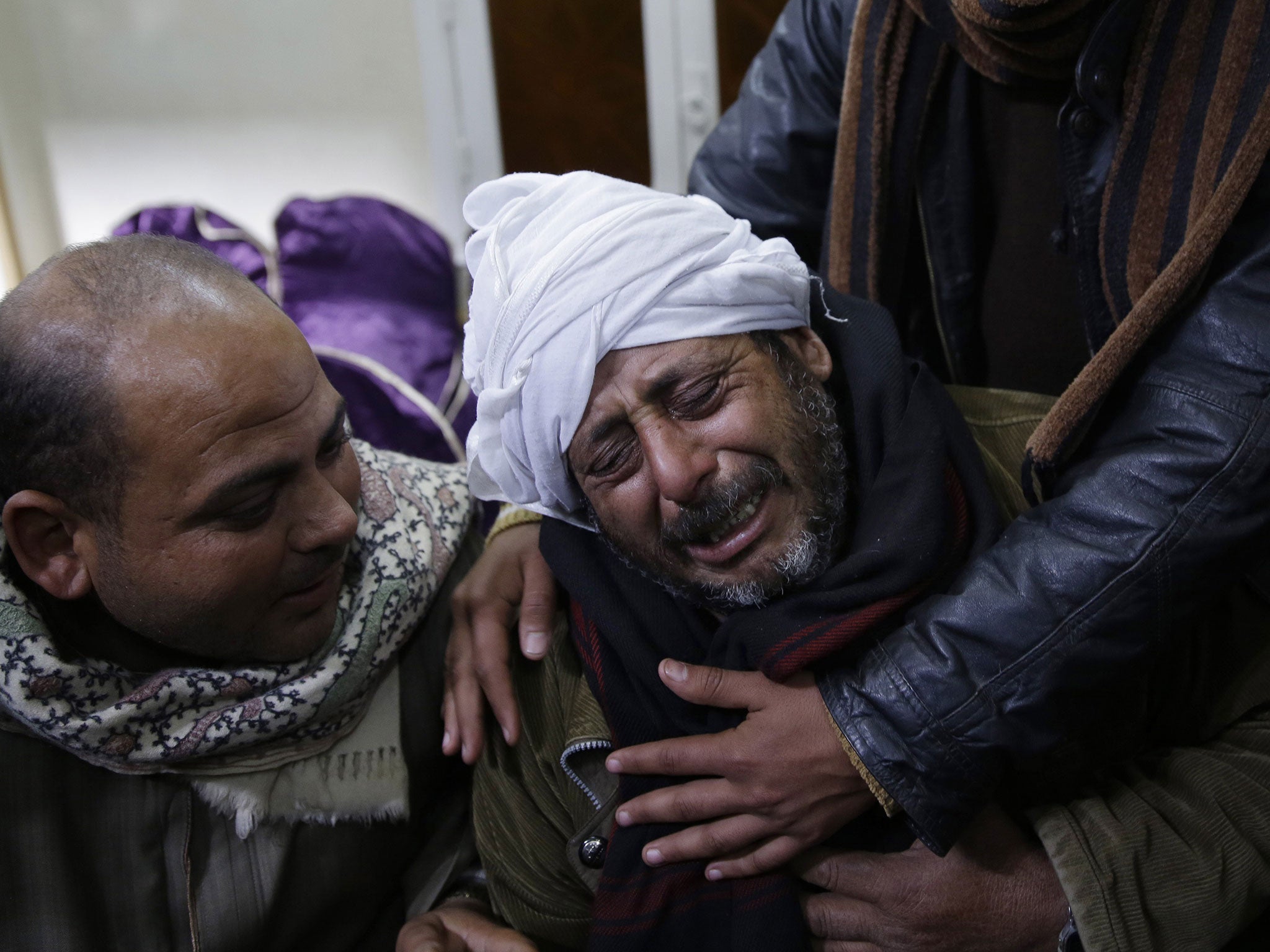
This village of small mud alleys and brick homes is shattered by grief. Women draped in black are hoarse from screaming. Men sob in silence, at times shaking their heads as if to expel the horror from their minds.
Just last year, 13 young men from el-Aour, a Christian-majority farming community in Egypt's Nile River Valley, traveled to neighboring Libya, among the tens of thousands of impoverished Egyptians seeking work there.
But they became victims of Libya's chaos. They were among 21 Christians dragged off by militants in December and January. After nearly 50 days knowing nothing of their fate, their families on late Sunday saw their monstrous, videotaped last moments: The 21, wearing orange jumpsuits, were marched onto a Libyan beach, forced to kneel with a masked, knife-wielding militant standing behind each, and then beheaded.
The deaths touched everyone in the village's population of around 3,400.
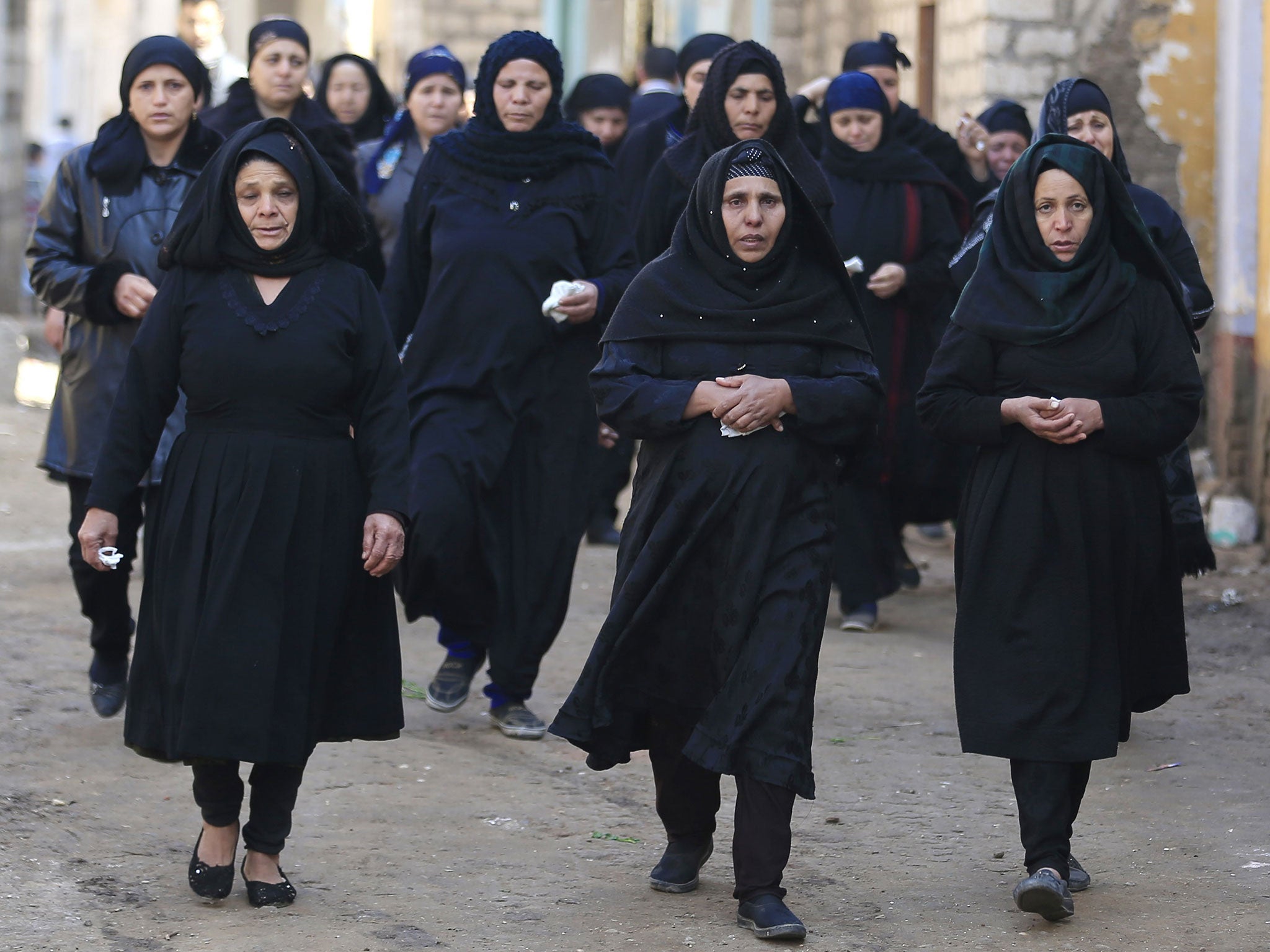
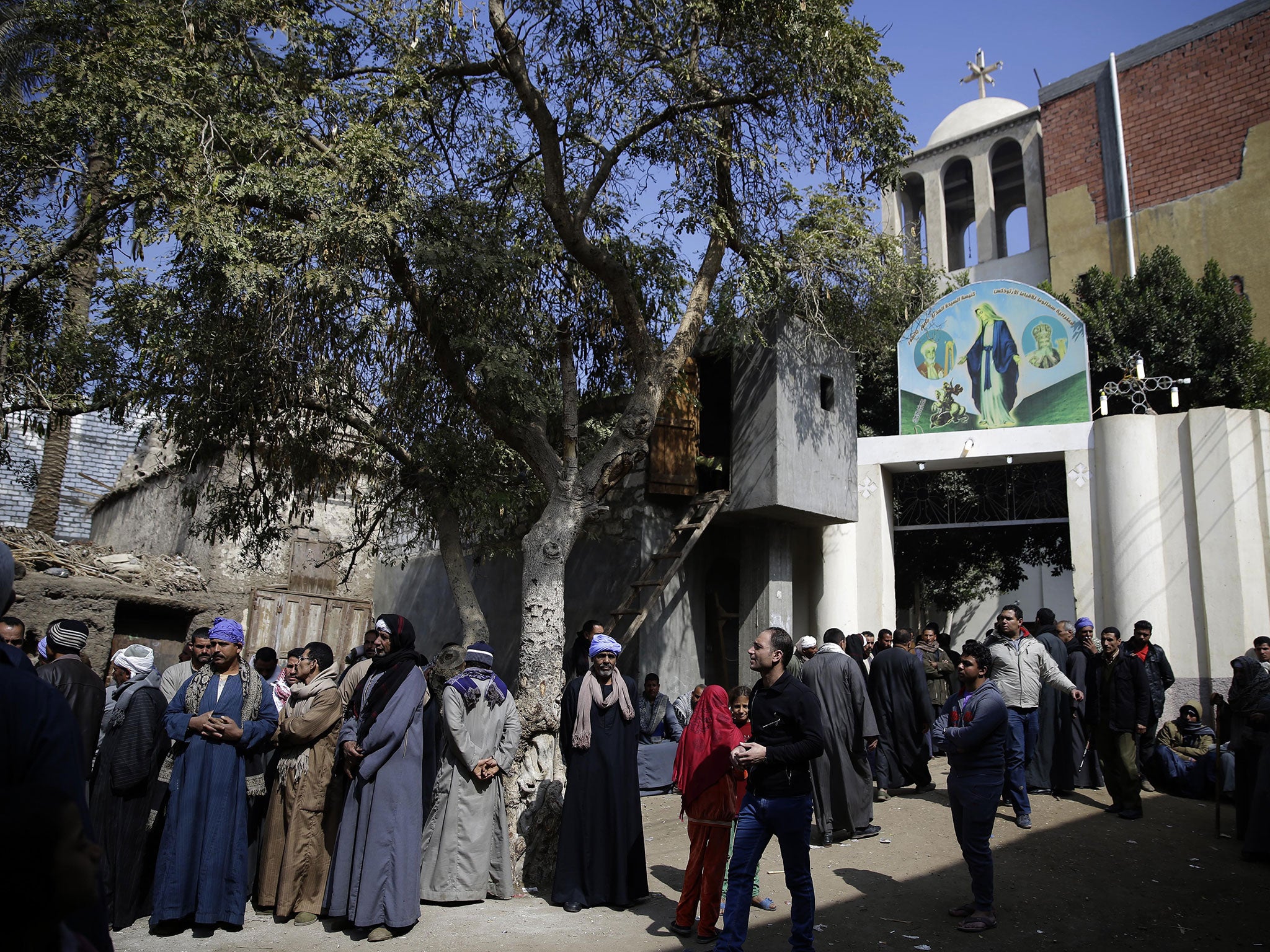
On Monday, Bushra Fawzi could not stop weeping. He saw his son Shenouda in the video.
“I had been looking for a bride for him,” Fawzi gasped. “He is my first and eldest son. My first joy and happiness.”
“I want his body back. If they dumped it in the sea, I want it back. If they set fire to it, I want its dust.” And he wanted revenge — to “take hold of his murderer, tear him apart, eat his liver and his flesh.”
He and others in the village vented anger at the Egyptian government, saying it failed to help them. Many accusing it of ignoring them because they were Christian. “If there were Muslims among the 21, they would have been rescued. But no one paid attention,” one woman screamed to reporters outside her house. President Abdel-Fattah el-Sissi “did nothing to our sons because they are Christians.”
After the video came out, el-Sissi went on national TV and vowed vengeance, and hours later, Egyptian warplane struck Islamic State group targets in their main stronghold in Libya, Darna. In a show of support, el-Sissi visited the pope of Egypt's Coptic Orthodox Christian Church at the main cathedral in Cairo, and his prime minister, Ibrahim Mahlab, visited el-Aour on Monday, meeting with grieving families.
El-Sissi was elected last spring with overwhelming support from Egypt's Christians, who backed his ouster of Islamist President Mohammed Morsi from power. Still, the minority community feels it remains as second-class citizens, long complaining of discrimination. During protests in Cairo over the abduction of the 21 in Libya last week, demonstrators chanted, “The blood of the Copts is not cheap.”
Libya, rich in oil and short on labor, has long been a magnet for Egyptians. Libya's 2011 civil war left much of the country in ruins, creating a boom for skilled foreign workers. Egyptians have jumped at the opportunity: they are the largest single group of foreign workers in Libya. They have continued to go even as Egyptians, and Copts in particular, have become targets for Islamic extremists flourishing in Libya's chaos.
The 21 were abducted in the central Libyan city of Sirte in December and January, most of them when militants stormed their housing compound, picking out the Christians from among the Muslims.
Fawzi said the last time he spoke to Shenouda before his abduction, his son told him he felt unsafe and wanted to come home but the road out of Sirte was not secure. “I told him, forget about money and come back.”
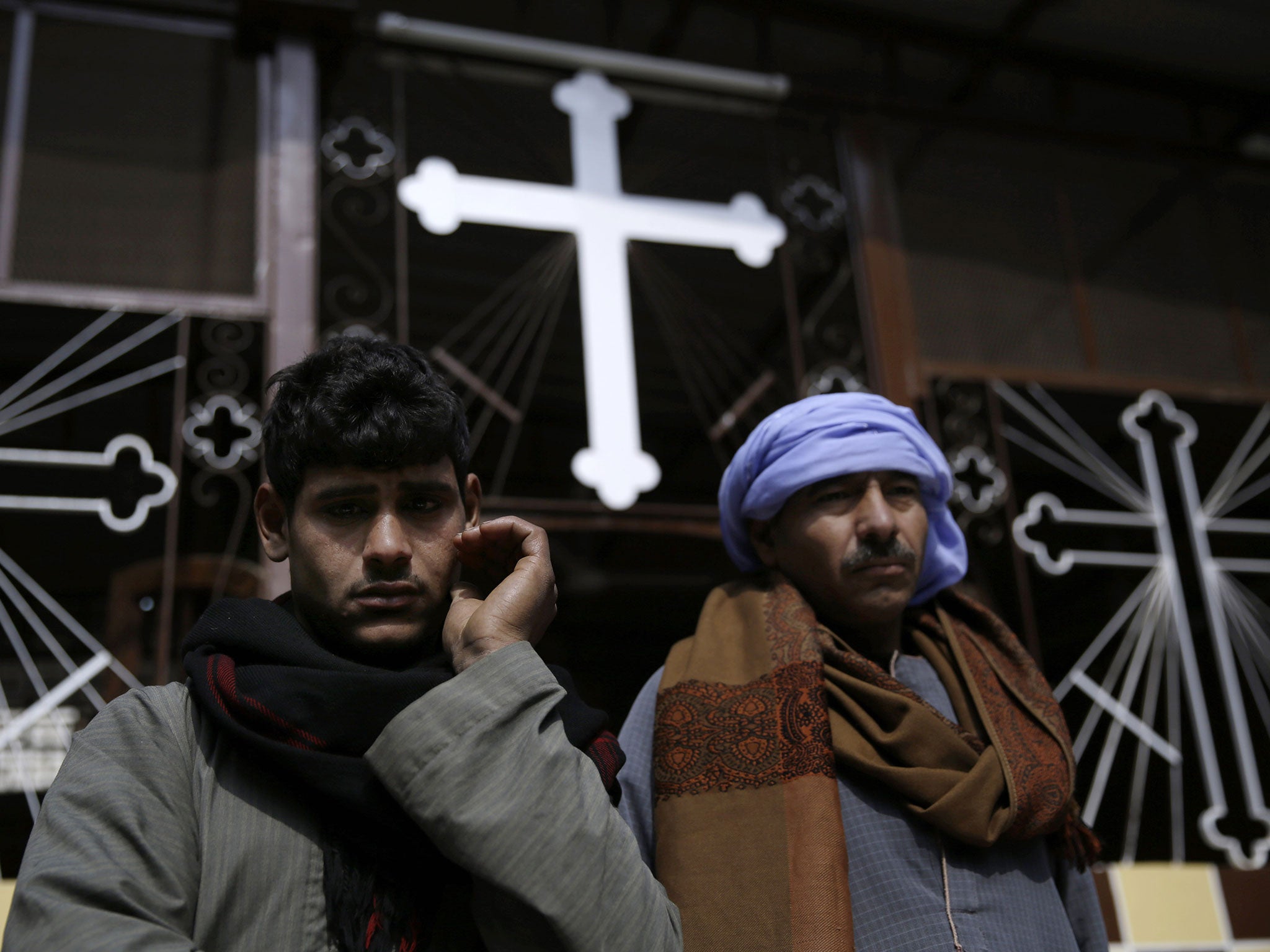
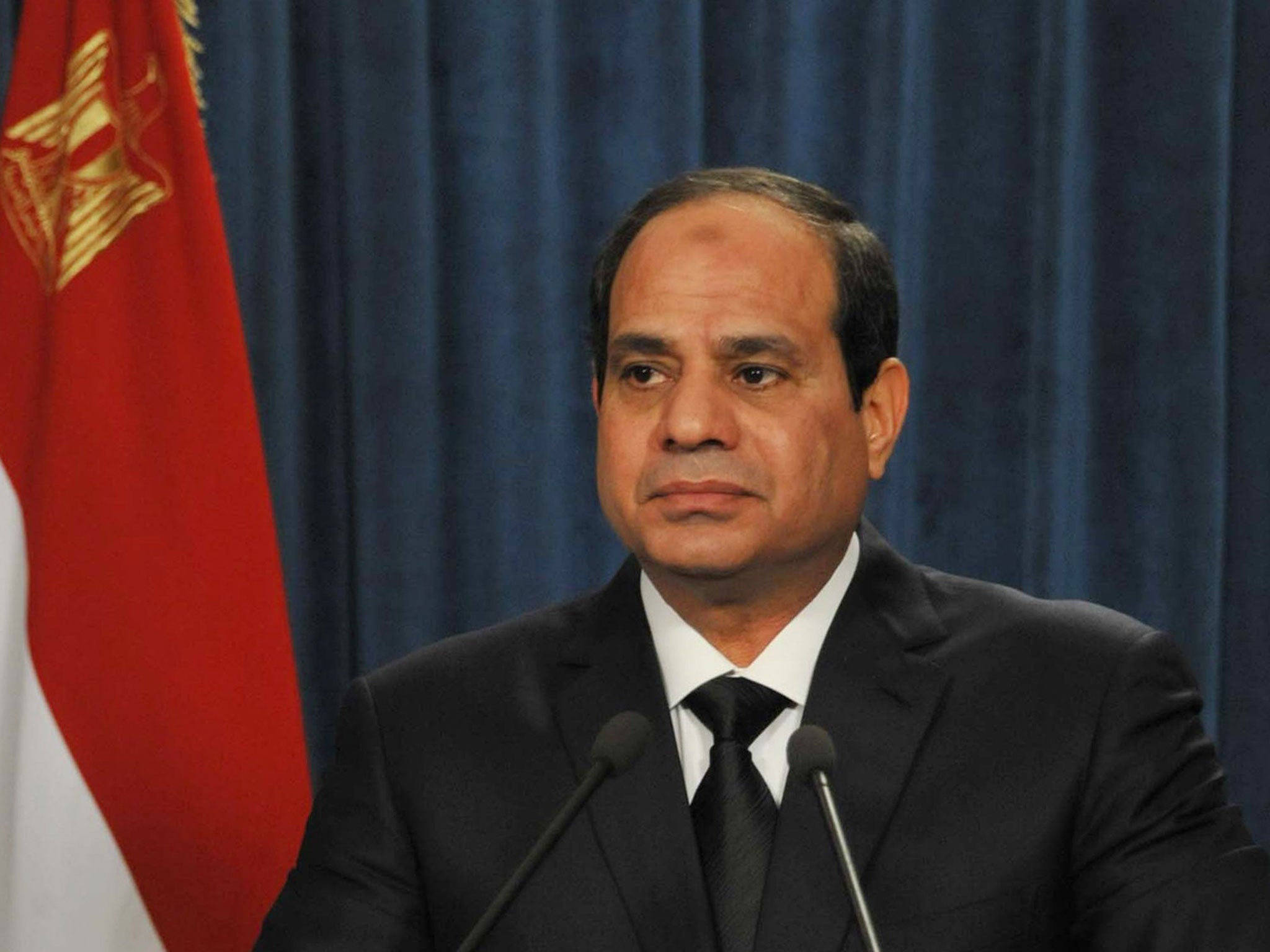
El-Aour on Monday seemed to scream with the pain of its people. Many had watched the video when it was aired in full on a private Egyptian TV station. Some residents gathered in the courtyard of its Virgin Mary Church, weeping and embracing each other. One man collapsed on the ground, screaming to God, “You are the avenger, You are the almighty.”
Women in black filed through the narrow alleys around the mud-brick houses, visiting victims' relatives to console them. Each time they entered a house, the wails and screams erupted again. In one house, the sister of two brothers among those killed — Beshoy and Samuel Istafanous — lay limp on the floor half-conscious as women sobbed around her.
In a nearby home, female relatives of 22-year-old Girgis Milad Sanyout sat on plastic mats on the floor, wailing and slapping their faces. “Do you feel the fire in my heart?” one woman shrieked. Sanyout's cousin, Malak, who lived next door, was also among those killed.
His niece, Mervat Ashamallah, said she saw the video — watched her uncle forced onto his belly before his throat was cut. “Where were you God? Why didn't You intervene to rescue him?” she said, her chin wet with tears. “Why didn't they just shoot them? It would have been more merciful.”
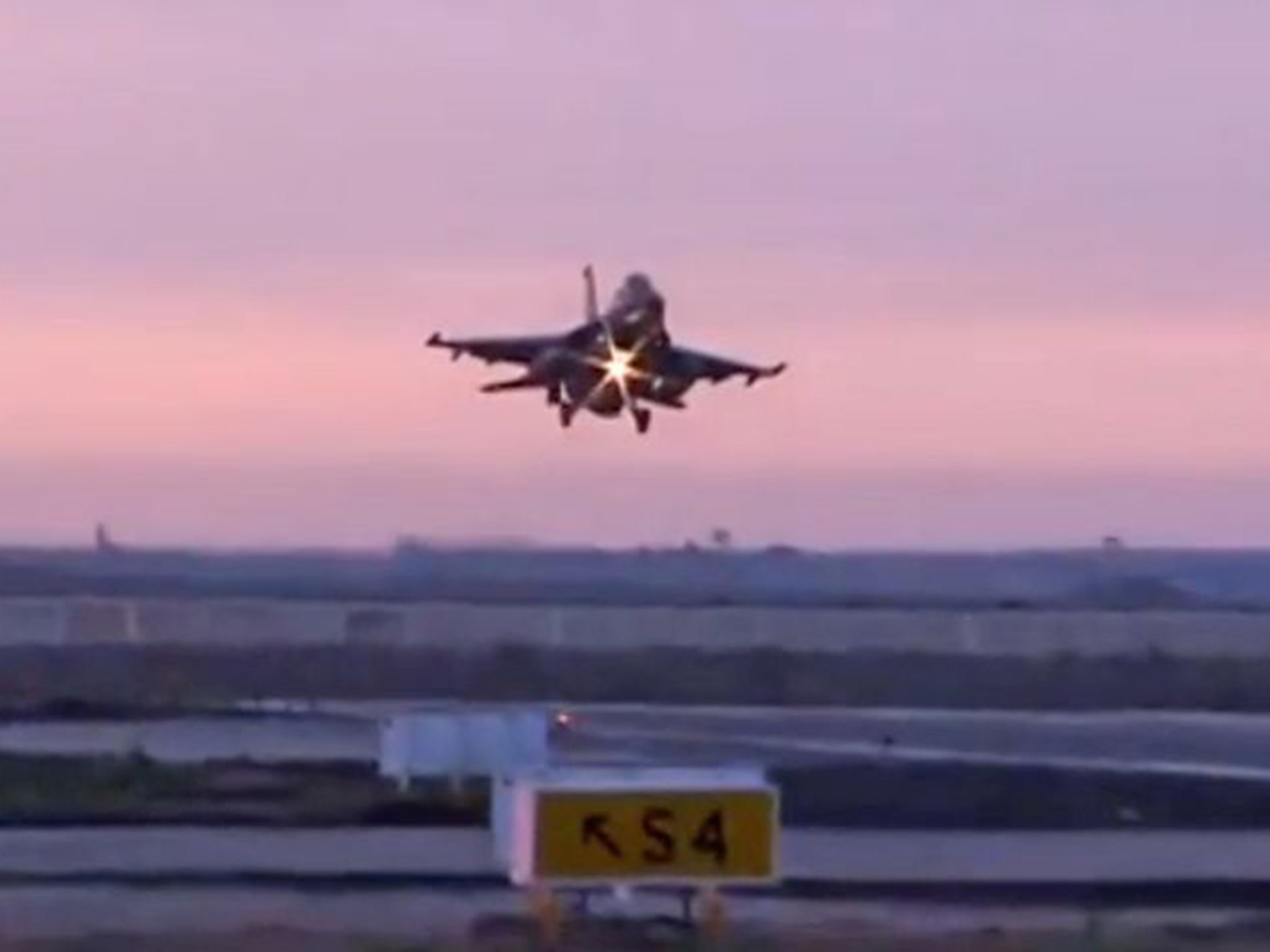
Elsewhere in the village, Babawi Walham sat with his head wrapped in a scarf, his eyes swollen from crying. No one had slept from the night before when the news came. He said he, his parents, four brothers and sister and all their wives and children had gathered around the TV waiting for news of his brother, Samuel.
When the news announced the video's release, he said, some in his family collapsed and fainted.
“I watched the video. I saw my brother,” he said. “My heart stopped beating. I felt what he felt.”
Associated Press
Join our commenting forum
Join thought-provoking conversations, follow other Independent readers and see their replies
Comments